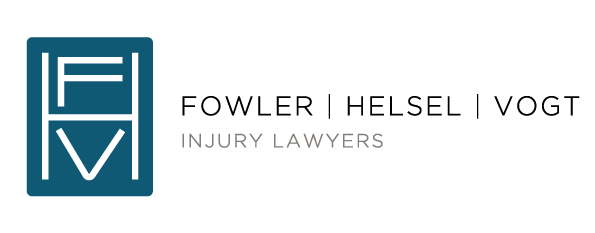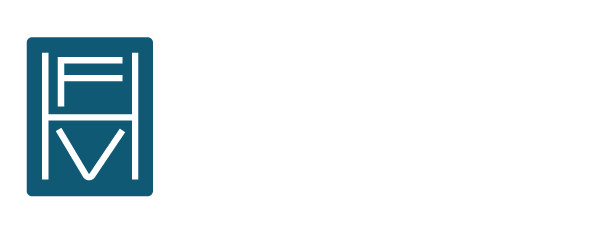After being involved in a crash, no matter the severity, most people will exchange insurance information in the hopes that out-of-pocket expenses will be minimal. For more severe crashes, this may feel like a necessity to be able to afford necessary medical expenses and take time off work to heal.
However, dealing with insurance companies can be tricky and come with many challenges if you attempt to do so alone. Before contacting the insurer after a crash, arm yourself with this essential information.
You Do Not Have to Give a Recorded Statement
After a crash, the at-fault driver's insurance company will likely contact you for a recorded statement. It is important that you know you are not required to give one. Anything you say can and will be used against you later in the claims process—even if your condition worsens.
If you choose to provide a recorded statement, avoid over-simplifying or generalizing your health. Saying the phrase “I'm fine” may seem like everyday vernacular, but it may be the reason you get a lesser settlement than you deserve.
You Can See the Doctor of Your Choosing
There may be an instance in which the insurance company provides you a list of physicians and says you are required to see one of those providers. This is not entirely accurate. You have the right to choose the doctor you receive treatment from.
If you have a pre-existing relationship with a physician, tell the insurance company that is who you'd like to see. If you don't have a preference and are looking for recommendations, get referrals from friends or family members in the area. Your attorney may also have established relationships with physicians they can refer you to.
Only Share the Information Asked of You
It may be tempting to “word vomit” every detail of your thought process following a collision. However, it is highly recommended that you avoid this if possible. When an insurance company asks you a question related to the crash, only answer what is being asked.
For example, if an adjuster asks you how the collision happened, only share the details of how it happened—nothing more, nothing less. Do not add in any other information about the crash, your injuries, or your property damage. The less you say, the better.
You Can Choose Your Own Attorney
If you are seriously injured in a collision, you will likely want to hire an attorney. You have the right to choose your own representation. The insurance company cannot tell you who to hire.
Be sure to do your research and ask around for recommendations before selecting an attorney. Once you've made a decision, inform the insurance company of your choice so they know where to send future correspondence.
It Is Unlikely Your Case Will Go to Trial
The vast majority of personal injury cases do not go to trial. In fact, most are resolved through settlement negotiations between the parties or mediation. If you have an attorney, they will likely handle these discussions on your behalf.
If a trial is necessary, it could take months or even years for your case to be resolved. However, this does not mean you should avoid hiring an attorney if your case appears headed for litigation. An experienced lawyer will help you navigate the process and ensure you receive the best possible outcome.
Central Valley Personal Injury Attorneys
Dealing with an insurance company after a crash can be difficult. Be sure to arm yourself with knowledge before beginning the claims process so you can level the playing field. If you have been seriously injured, call (559) 900-1280 to schedule a consultation with an attorney at Fowler | Helsel | Vogt. We are proud to serve our Central Valley community and can help ensure your rights are protected.


